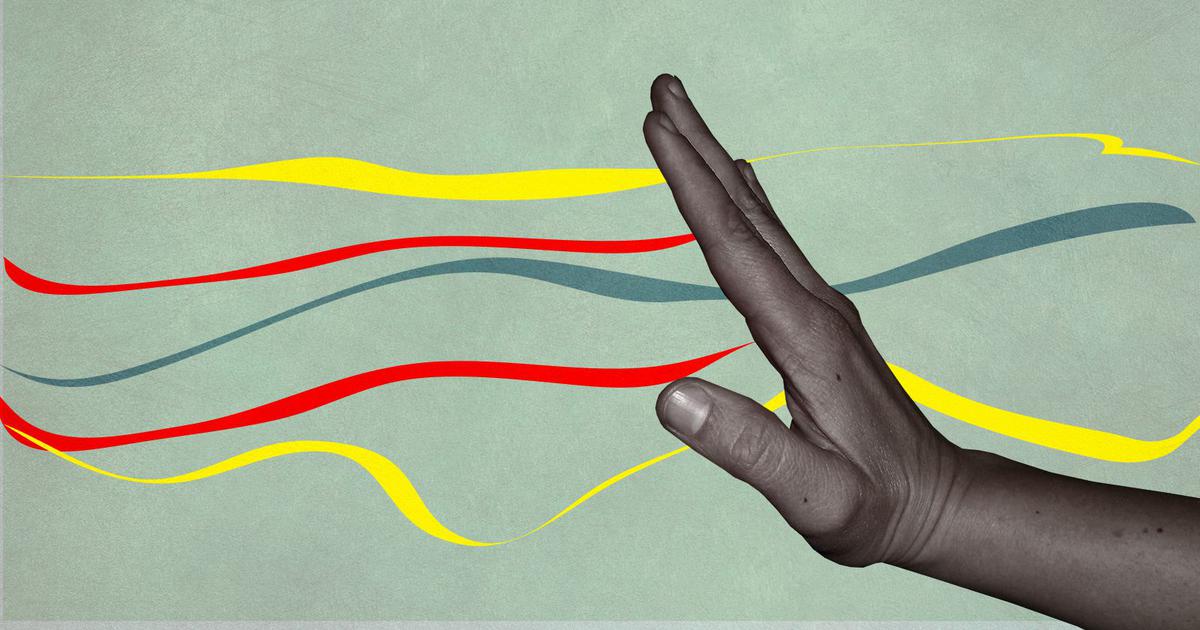Symptoms of ‘Power Reflux’ in Turkey (III)

No, the law of the country is not the problem in Turkey, but its application is.
If it is true that the Turkish government tries to reverse the flow of political power in an attempt to shape the public opinion, so that its popular support base remains intact; how on earth can it pull off such a coup?
The pun is very much intended, and the question is justified; because the constitutional safeguards, which are supposed to prevent such refluxes of power are, to a certain extent, still intact in Turkey — or at least on paper they are. Most significantly, the second article of Turkey’s Constitution still defines the “Characteristics of the Republic” as a “democratic, secular and social state governed by rule of law” and article 90 of the Constitution still places “international treaties duly put into effect,” among them international human rights instruments like the European Convention of Human Rights (ECHR), above Turkey’s domestic law — as we are tellingly reminded by Observatory’s report.
Granted, there is a nightmare collection of oppressive legislations, which give the government a flimsy legal cover on occasions, where it perversely presents obvious human rights abuses as proof that the “the rule of law” is still working in Turkey. However, it does not take a sharp legal mind to see that those legislations would glaringly fail any serious and objective test of constitutionality, particularly under the article 90.
In a country, whose constitution boasts “a democratic, secular and social state governed by rule of law,” we cannot say that it is the “the law of the country,” which allows the government to restrict the public sphere and control the civic space, in order to maintain its popular support base and remain in power. Quite on the contrary, the supreme law of the country, namely its constitution, emphatically forecloses such refluxes of power.
For one thing, even after the 2017 constitutional amendments, which have introduced a new system of government elevating the office of the presidency to near omnipotency, the above mentioned two articles of the constitution still remain in effect.
For another, by recognizing international human rights standards as the law of the country, those two articles of the constitution draw an eminently adequate legal framework to limit even the more totalitarian impulses of an omnipotent president.
No, the law of the country is not the problem in Turkey, but its application is.
What appears to be not functioning in Turkey is the cluster of public institutions, which are charged with the task of applying the law of the country to individual cases of governmental and administrative overreach and abuse. In other words, it is the malfunctioning of the justice system, which allows the government to feel free to exercise, or at least attempt to exercise, thought control on the opinions of the citizens by heavily restricting the public sphere and severely controlling the civic space.
Indeed, in Observatory’s report we find evidence of a criminal (and administrative) justice system, which does not work as it is supposed to work in a “democratic, secular and social state governed by rule of law” — namely as a “check valve” that pressurizes power to flow in the democratic bottom-up direction and prevents anti-democratic power refluxes in the opposite direction — but works instead as a pressure hose at the disposal of the government, which it uses at its own pleasure, to disperse and silence critics by all the fore-mentioned “judicially authorized” measures and restrictions on their freedom.
In this sense, it seems to be the lack of judicial independence and impartiality, or more specifically the absence of institutional safeguards, which keep judges and prosecutors administratively and financially well protected against the political pressures of the government, which emboldens the government in its venture to drag the Turkish society to a dangerous journey into the grim wasteland of totalitarianism.
To read the next part of this article please click here to turn the page.


Bizi Takip Edin